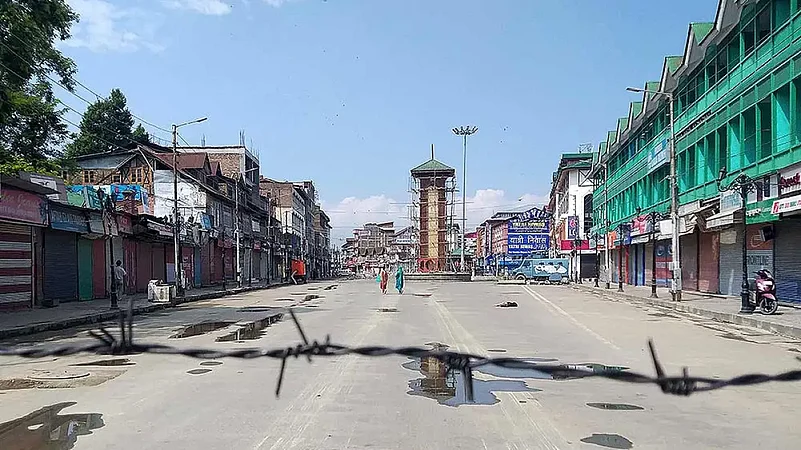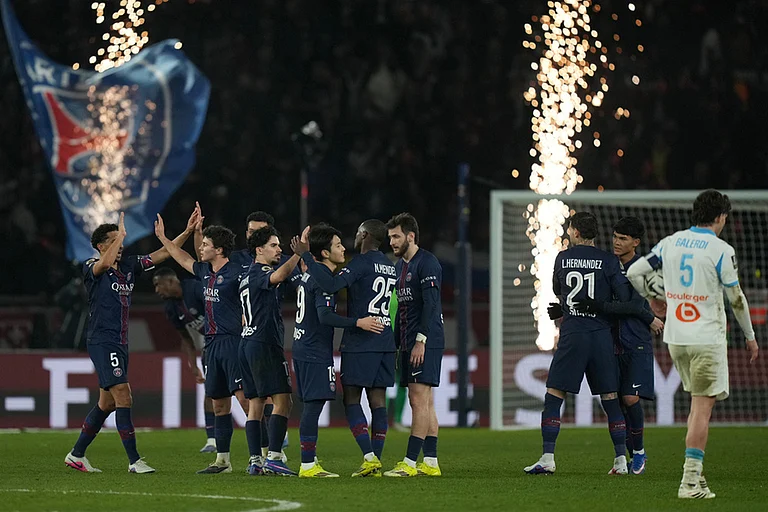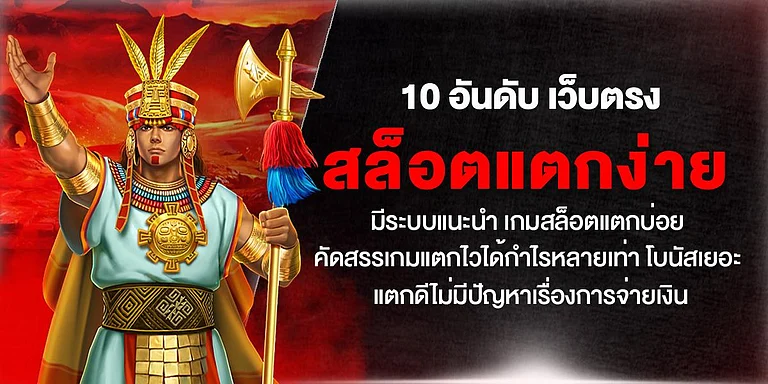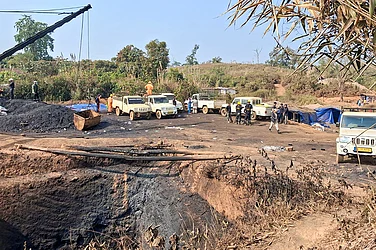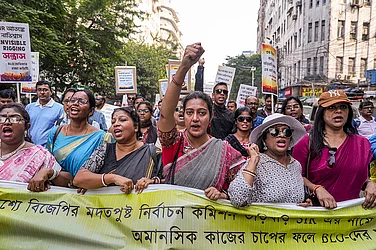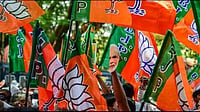“Due to the prevailing situation in the Valley, the wedding ceremony of my daughter, which was scheduled on August 9 and August 10, has been cancelled,” reads one advertisement in the largest circulating daily of Kashmir on August 8, 2019.
“Due to the prevailing situation in the Valley, the invitation for the marriage ceremony of my daughter which was scheduled on August 21 and August 22, 2019, stands cancelled. However, the Nikah ceremony will be held with simplicity as per schedule. Inconvenience is deeply regretted,” reads another advertisement in Greater Kashmir on August 17, 2019.
Kashmir has seen prolonged shutdowns, crackdowns and internet restrictions over the past 20 years. But the developments of August 5, 2019—the day Article 370 was abrogated amid a communication blockade, military siege and arrests of thousands of people—were unprecedented. The move also led to the mass cancellation of marriages. Newspapers of the time give a glimpse of it.
With all communication lines, including landlines, down, many people in Srinagar had to reach newspaper offices somehow to get their marriage cancellation advertisements published, while others knew the exercise is a waste of time anyway, as newspapers were not distributed. Each advertisement would read “due to the prevailing situation in Kashmir the invitation for a marriage ceremony is cancelled.”
In August-September 2019, broadcasting to Jammu and Kashmir from New Delhi, Gulistan News was the first news channel to start a helpline telephone service. Later, ETV Urdu also began running a ticker of messages. Gulistan would receive and air around 35,000 text messages, and voice and video calls from family members living in different states and countries who wanted to enquire about the wellbeing of their families.
In July 2019, Nafisa Rashid, 28, got engaged and the marriage the family had been preparing for years was fixed to take place in September that year. But everything changed for the couple and their families when the government imposed a crippling communication and military lockdown after scrapping Article 370.
Nafisa says the emotional trauma the lockdown gave her is unforgettable. “We had planned something but it could not happen. The wedding was supposed to be the biggest day of my life. Due to the 2019 lockdown, and the Covid-19 lockdown that followed, it was delayed by two years and only took place in November last year. We were all depressed as I am the only child of my parents who had been waiting for the day,” recalls Nafisa, who is a homemaker.
She says the communication blockade doubled her anxiety as she was cut off from her fiancé too for months. “We were not able to talk or reach out to each other. At that time, I felt life has come to a halt. It started taking a mental toll on me and my family,” she added.
The communication blockade forced people to write letters. “We started writing letters to each other during the 2019 communication lockdown. My girlfriend and I come from a generation that never wrote letters in love. We are the Instagram, Snapchat generation. But when the internet went down, it changed the way we expressed love,” says Vijdhan Saleem, the Valley’s most famous RJ.
“There is a thing about letters. Everybody thinks it’s romantic. In today’s era, it is even romanticised more. They say if a man writes a letter for you, be with him. But, that’s when you do it out of choice, not compulsion. I wrote to her in compulsion because there was no way we could communicate, and it was the milkman that carried the letters,” he adds.
“Today we are married. When we sit down and read those letters now, we break down in tears,” he adds.






